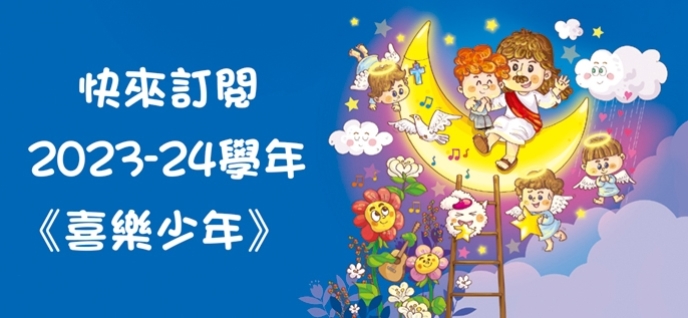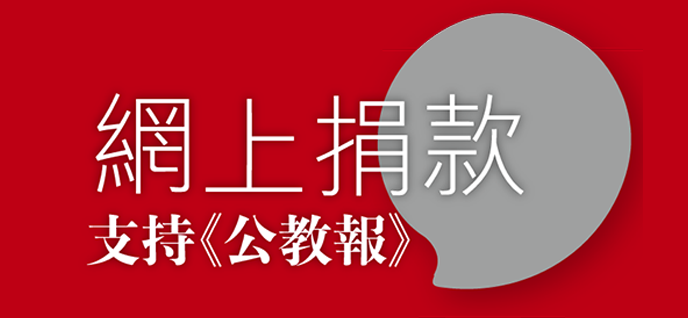
Propose a toast
The Academy Awards (or “Oscars”「奧斯卡金像獎」) ceremony for the film industry took place last Sunday. The post-awards party was held to celebrate the fantastic winners. In the star-studded party, the host said,
“I’d like to propose a toast to our winners. Cheers !”
In the English language, to “propose a toast” (or “make a toast”) is to request those present in the occasion to wish someone good health, happiness and success by raising their glasses of alcoholic drink.
The word “toast” refers to a slice of bread made warm and crispy under a high temperature. So, does it make more sense if we call holding up a glass of wine in honour of someone else “propose a drink” rather than “propose a toast”(祝酒;提議為……乾杯)?
It was a common practice in the medieval times that a piece of toast was put into the wine to make it tastier by soaking up some of the acidity. One of its earliest descriptions is found in the Shakespearean(莎士比亞)play “The Merry Wives of Windsor” published in 1602.
“Go fetch me a quart of sack; put a toast in’t.”
In modern English, this line means that the character is requesting a great deal of wine with a toast in it.
In 1746, the British novelist Henry Fielding explained clearly the term “toast” in his work:
“A toast, which you know is another word for drinking the health of one’s friend ... or some person of public eminence .”
Various cultures toast in different ways on occasions such as weddings, birthday parties and ceremonies. You may go to the internet to find out their toasting etiquettes.
|
Star-studded
|
星光璀璨
|
|
Cheers
|
乾杯
|
|
Alcoholic
|
含酒精的
|
|
Medieval times
|
中世紀
|
|
Soaking up
|
吸收
|
|
Acidity
|
酸性
|
|
Eminence
|
顯赫
|
|
Etiquettes
|
禮節
|







